ON A PLATEAU BELOW A
GREAT SKY NEXT TO THE
WATERMELON MOUNTAINS.
Live and learn in a historic city on an expansive mesa a mile above sea level. A city that’s simultaneously cosmopolitan and soulful, urban and rural, and brimming with light and possibilities. This is Albuquerque. A friendly place just around the corner from ordinary, on land bisected by historic Route 66 and the great Rio Grande river, a stone’s throw from the monumental Sandia Mountains. Named for their sunset crimson hue—“sandia” is the Spanish word for “watermelon”—they appear to leap out of the landscape to the east, and serve as an awe-inspiring example of the kind of wild, natural beauty that wraps around everything here and rushes off in every direction throughout the state. You’ll see.

Average
Sunny Days
310

Average
Snowfall
10"

Average
Rainfall
9.39"


















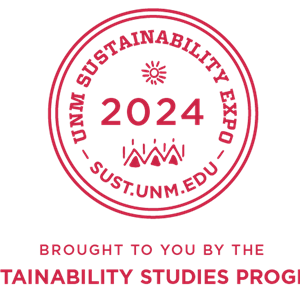

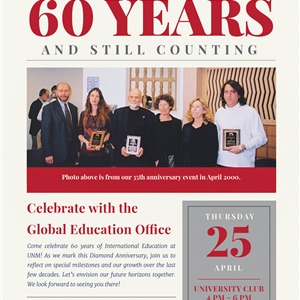

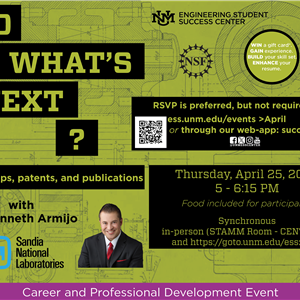
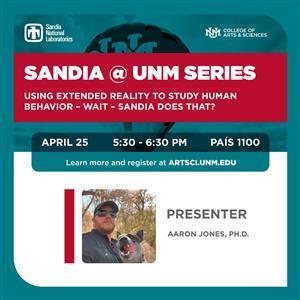
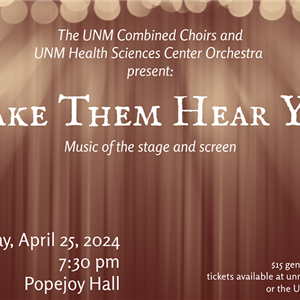

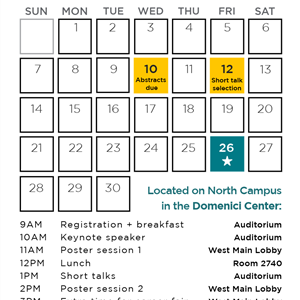

Each Of Us Defines All Of Us